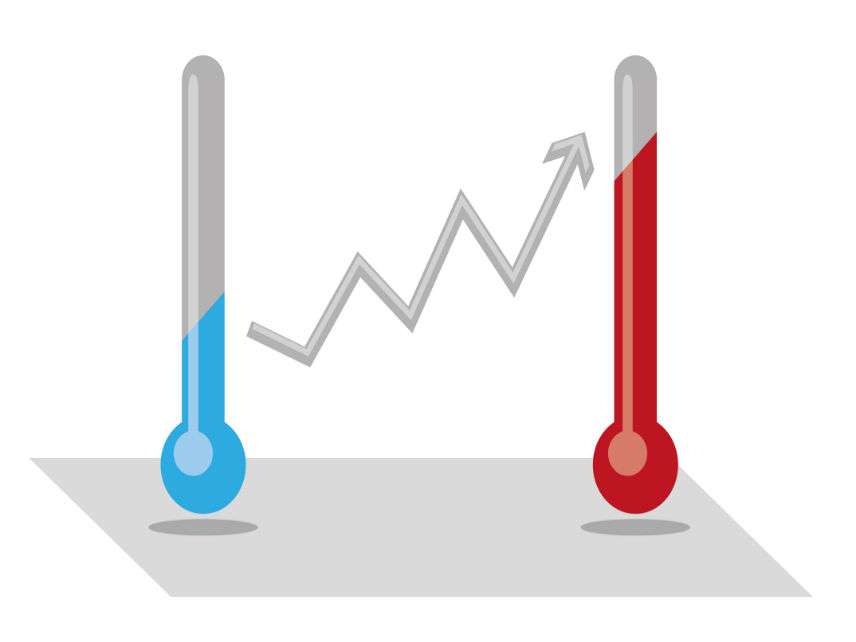National Climate Report Projects Future Weather and Economic Trends
"Climate-related threats to Americans' physical, social, and economic well-being are rising," says report.

"Whatever happened to Global Warming?," tweeted President Trump yesterday as a cold front descended across the northeastern United States. In what might be thought of as a kind of riposte to the president's tweet, the Fourth National Climate Assessment report released today takes a longer range look at how global warming may affect the U.S. over the course of this century.
The Congressionally-mandated report finds that "the evidence of human-caused climate change is overwhelming and continues to strengthen, that the impacts of climate change are intensifying across the country, and that climate-related threats to Americans' physical, social, and economic well-being are rising."(emphasis in original).
Among other climate trends, the report notes:
(1) annual average temperatures have increased by 1.8°F across the contiguous United States since the beginning of the 20th century.
(2) the season length of heat waves in many U.S. cities has increased by over 40 days since the 1960s.
(3) large declines in snowpack in the western United States occurred from 1955 to 2016.
(4) the average length of the growing season has increased across the contiguous United States since the early 20th century, meaning that, on average, the last spring frost occurs earlier and the first fall frost arrives later.
(5) warmer and drier conditions have contributed to an increase in large forest fires in the western United States and Interior Alaska over the past several decades.
(6) And interestingly, the report adds that there is currently no detectable change in long-term U.S. drought statistics using the Palmer Drought Severity Index.
The report projects that unmitigated climate change could cause U.S. GDP to be 10 percent lower than it would otherwise have been by the end of this century. A rough calculation suggests that today's $20 trillion GDP growing at a 3 percent rate would rise to $226 trillion by 2100. With climate change it would rise to only $203 trillion. Basically Americans living at the end of this century would be about 10 times richer on average than we are now.
More analysis of the report's findings to come after I've had more time to delve further into it.
